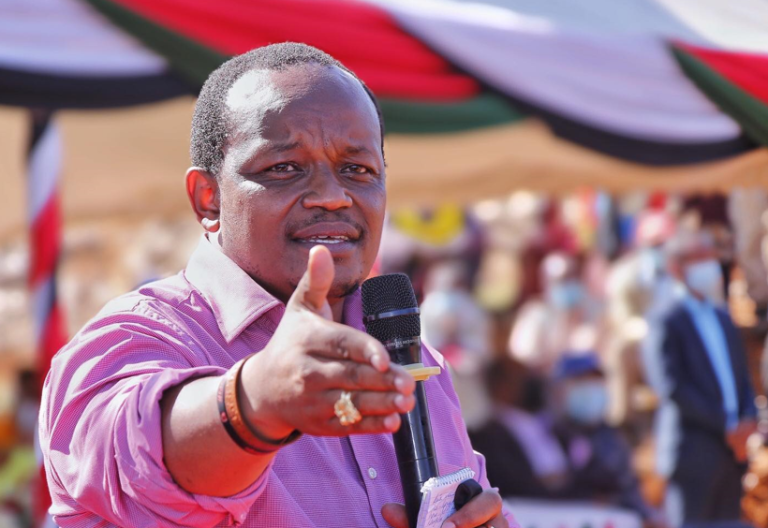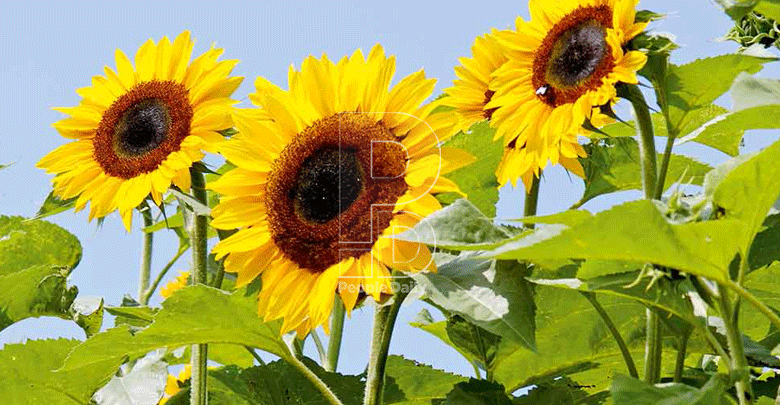Over 3,000 sunflower farmers get cash boost
By Wahinya Henry, June 1, 2021More than 3,000 sunflower farmers in the semi-arid belt of Meru county have started receiving cash payments from a climate change and Covid-19 adaptation project launched in Kenya recently.
The project dubbed Tujiinue Tena is aimed at cushioning smallholder farmers from the adverse effects of climate-induced droughts and Covid-19 through the cultivation of drought-resistant and fast-growing sunflower crop.
“The 3000 small scale farmers receiving their payment today is a testimony of what private-public partnership can do in furthering adaptation initiatives,” said Dr Mithika Mwenda, the Executive Director of the Pan-African Climate Justice Alliance (PACJA), the civil society organisation behind the project.
Mithika added that the success of the Meru project will not only spur similar projects in Kenya, and around Africa, but it will also open opportunities for faster disbursement of climate finance to adaptation projects globally.
Adaptation in Africa currently attracts only 25 per cent of climate finance despite the agreed goal of increasing adaptation finance to 50 per cent or equal to mitigation finance.
The project is a three-way partnership between farmers, PACJA and edible oils firm BIDCO Africa.
PACJA mobilised and sensitised communities to be climate-smart, a seed-producing firm, the Kenya Seed Company offered to distribute proven sunflower seeds and the subsequent extension services support to farmers.
BIDCO Africa also committed to purchasing all the produce for its cooking oil production lines and thus assured farmers a ready market under a contract farming model.
On average, farmers reported harvesting close to 450 kilogrammes per acre.
Jacob Kirimi, the project coordinator said the performance of the crop was within the recommended yields by the Ministry of Agriculture.
Under the recommended management practices, the farmer can obtain eight to 10 (50 kilogrammes bags) of sunflower per acre.
The project was launched at a time when farmers in the area were suffering from the effects of the lockdown put in place by the government to minimise the spread of the Covid-19 pandemic.
The measures had badly affected miraa (khat) transport to major towns and thus income of the farmers who rely on miraa all their lives was affected.
More Articles

